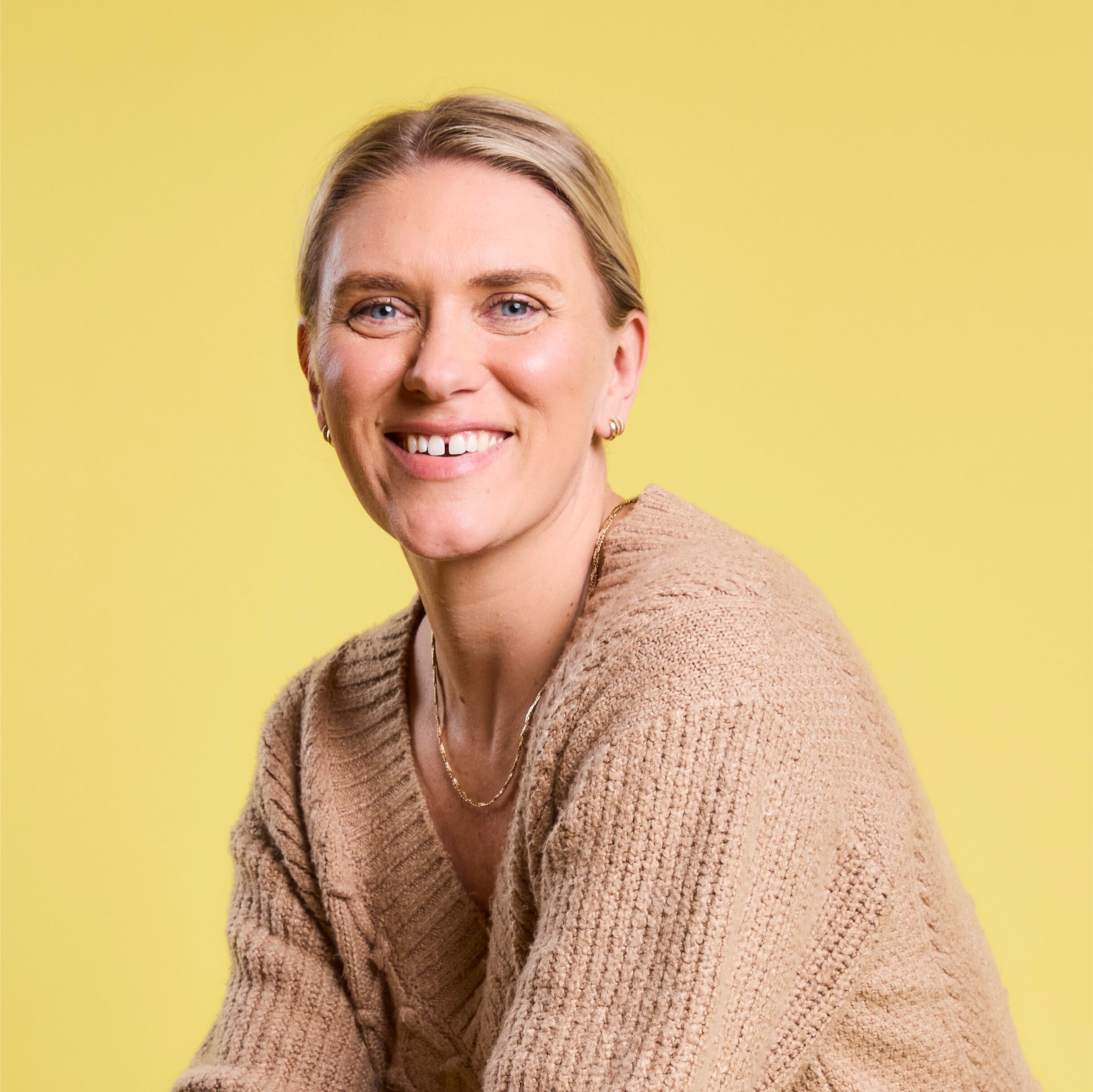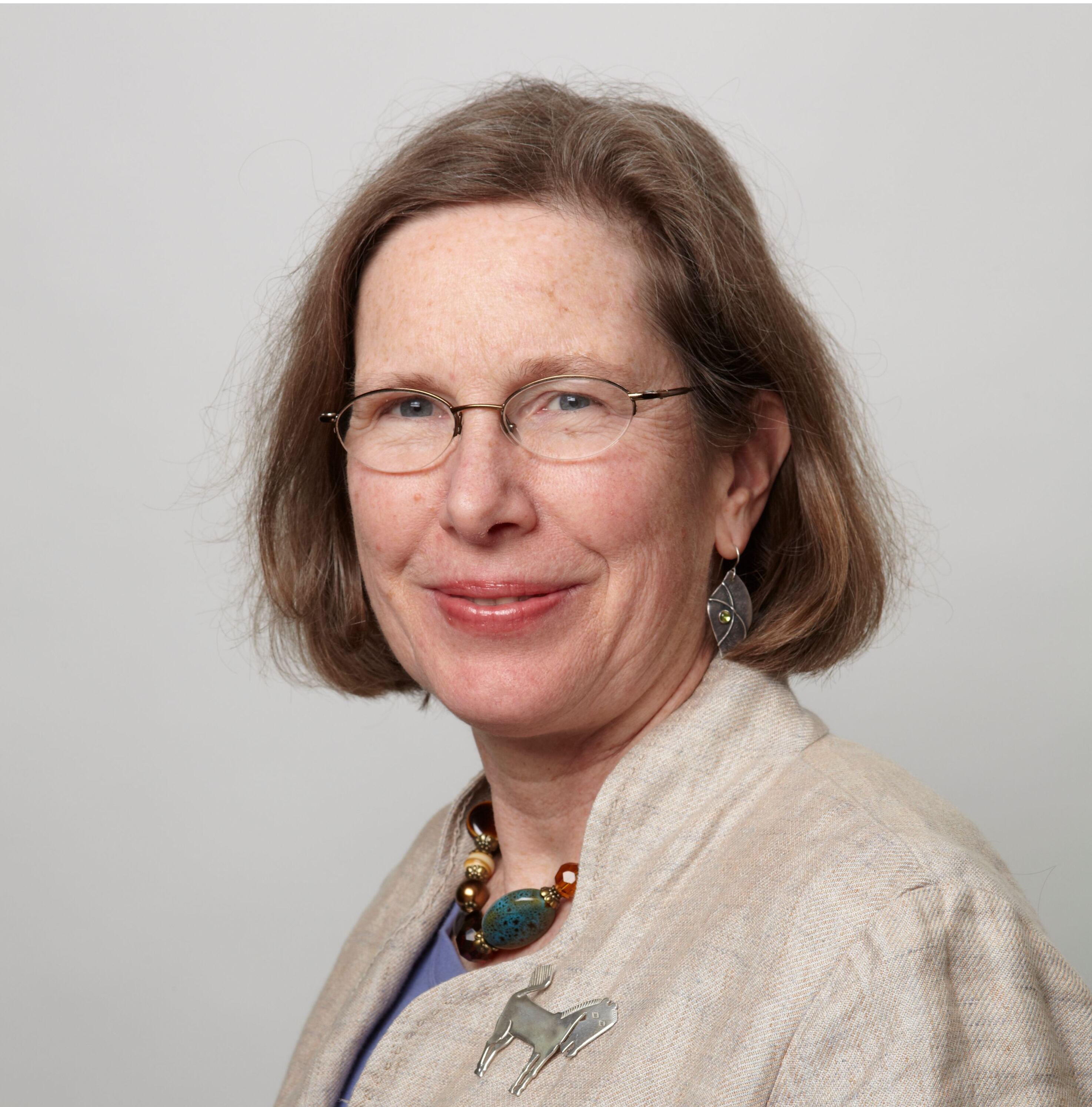A growing number of women are leading environmental health efforts, with over 63% holding executive roles in sustainability departments across Fortune 500 companies, according to Sustainability Magazine.
While women often have smaller carbon footprints, research suggests they’re making a big impact on earth-friendly efforts in business.
“The research consistently shows women leaders naturally embody what sustainability requires: long-term thinking over short-term gains, stakeholder consideration over shareholder primacy, and systemic solutions over isolated fixes,” said Kantha Shelke, PhD, CFS, principal, Corvus Blue LLC. “This isn’t a sentiment, it’s a strategic advantage backed by measurable performance data.”
Dr. Shelke pointed to several examples of real-world impact, including Alia Malik, who improved farm-level sustainability across 23 countries; Maia Tekle, who advanced circular packaging solutions; and Reema Nanavaty, who built women-led supply chains in India’s India’s (SEWA) which strengthened entire ecosystems.
She also highlighted the long-term environmental and economic gains driven by women, noting that companies with women in leadership roles achieve 27% higher environmental, social and governance (ESG) metrics and 34% better carbon reduction results.
“Research shows female leaders demonstrate ‘thinking systematically/holistically, managing complexity and inclusive approaches to leadership’ with a natural predisposition to sharing and collaboration,” Dr. Shelke said. “Female leaders are more likely to prioritize environmental and social issues with their cognitive diversity, enhancing problem-solving and opportunity identification. I cannot wait for the world to have more women at its helm!”
The women at the sustainability helm
Ann Armbrecht, PhD, is an anthropologist, author and filmmaker. As the founder and director of the Sustainable Herbs Initiative (SHI), she is a leading advocate for transparency, sustainability and ethical sourcing in the global botanical industry. Her work bridges the gap between traditional herbal values and modern industry practices.
“I’m most proud of the quality of relationships that have been developed through the ongoing virtual learning labs and then deepened in the in-person learning journeys that we have taken to Appalachia, Oregon and Nicaragua,” she said. “People involved in SHI bring their hearts and their heads to solving the challenges we face.”
SHI also launched a year-long pre-competitive initiative to map the scope 3 emissions for 21 botanicals sourced from around the world as a first step to reducing emissions. The project is now moving into its second year with the goal of creating a database of emissions for botanicals to be made available to the SHI community to help them move beyond measuring and begin taking steps to reduce emissions.
Lindsay Dahl is the chief impact officer at Ritual and a 20-year environmental health advocate. She works at the intersection of corporate strategy, social impact and activism, bringing a fresh approach to brand marketing and community building. At Ritual, she oversees the company’s mission-driven initiatives, including its commitment to traceability, sustainability, advocacy and clinical research.

Dahl spends a lot of time calling her state and federal elected officials to voice her support for strong policies on emissions, plastic pollution, toxic chemicals and funding for the EPA and FDA. While individuals and brands can have a positive impact, the largest levers can and should come from strong state and federal agencies, she said.
“Ritual’s commitment to ingredient traceability is one of the things I’m most proud of,” Dahl said. “To this day, we are still the only brand in our industry that shows the supplier names of our ingredients and their final place of manufacturing. Transparency for the sake of transparency is great, but this ingredient traceability actually helps us make sure we are sourcing from ingredient suppliers who are keeping human rights and sustainability top of mind. The more we know our suppliers, the better assurances we have in the sustainability of those ingredients. Take for example the tart cherry that we use in our newly launched Magnesium+ product, they are grown on family farms in Michigan and have a vertically integrated manufacturing facility.”
Beth Lambert, CEO of Herbalist & Alchemist, is a strong advocate for environmental stewardship and has spearheaded the company’s efforts to become a certified B Corp. Under her leadership, Herbalist & Alchemist achieved a “zero waste” milestone in its production processes.

Lambert told NI that she is particularly proud of Herbalist & Alchemist’s Green Team—primarily made up of some of the company’s young managers and assistant managers—who are passionate about sustainability and waste reduction.
“Their ideas and energy really make me proud,” she said. “They have found the most creative solutions to repurposing our waste: a professional artist who uses our packing straps in her work, a company who makes park benches from our plastic bags, farmers who compost our spent plant material and a local company who composts our paper towels. We’re also using Terracyle boxes for pens, lab hair nets and other hard-to-recycle items that otherwise would be landfilled.”
Getting to the root of the problem
“To me one of the biggest contributors to all of the environmental problems are the beliefs that the earth, as Joanna Macy said, is nothing more than a stock house and a sewer, that resources are endless and here for our use,” Dr. Armbrecht said. “This assumption is perpetuated by the distance and/or disconnection between our actions and their impacts, and so at the most fundamental level, at SHI I have focused on both shifting these assumptions and also re-connecting people with the plants and people behind finished herbal products.”
She said that she does this in different ways, from listening to supply network stakeholders to sharing case studies to identifying collaborative actions SHI members can take and more.
“For wellness and supplement brands, the majority of climate impacts come from our supply chain, [such as] sourcing ingredients, manufacturing and the transportation of raw materials,” Dahl said. “Ritual is the first company in the VMS category to do custom carbon footprints for all of our products and share them publicly with our customers. Ritual’s customers are sustainability minded and understand the connection between a healthy planet and healthy bodies.”
For Lambert, the most significant contributors to climate change related to Herbalist & Alchemist are food waste, plastic, packing/shipping materials, overuse of energy and loss of productive farmland and wild crafting areas to intensive real estate development.
“Although Herbalist & Alchemist has always had environmental concerns on our front burner, in recent years our progress has inspired the entire staff to become more aggressive,” she said. “We made a commitment to Zero Waste, which we achieved two years ago, but continue to fine tune.”
The price of sustainability
Dr. Armbrecht said investing in sourcing communities, traceability and certifications like Organic, Fair for Life, Regenerative Organic Certified and Fair Wild is expensive and requires leadership that understands the business case for such investments. From investing in healthy soil to living wages to reducing carbon emissions and enhancing biodiversity, she said these are not just extras—they are core to ensuring the long term viability of a business.
The biggest challenge she sees is companies trying to invest in sustainable and ethical sourcing while also having to compete on the shelf with companies that do not make such investments.
“When I asked the CEO of one U.S.-based company what his customers cared about, he said price, and the second thing they cared about was price, and the third, if he wasn’t going to say price, was that they don’t go out of stock,” she said.
Lambert expressed a similar sentiment, noting, “Consumers are price conscious in these uncertain economic times, yet prices of sustainably sourced raw materials are often higher than the alternatives.”
Dahl said she has the benefit of working for a brand that has built sustainability into its DNA and a CEO who is committed to making hard trade-offs when choosing packaging, ingredients and making internal investments.
“One of our biggest challenges is influencing our supply chain to take action,” she said. “Like many other brands, the majority of our carbon and climate impacts live nestled within our supply chain, which means an intentional investment in relationship building and finding mutually beneficial reasons to invest in strategic carbon reductions.”
The push for progress
As sustainability programs and climate change initiatives in the U.S. continue to be rolled back and dismantled, NI asked why should companies continue to push for progress.
“Companies that depend on herbs literally depend on healthy ecosystems, resilient communities and younger generations willing to do the work of growing, harvesting and processing the raw material on which these companies depend,” Dr. Armbrecht said. “To ignore that reality is not only shortsighted but also risky for business. Continuing to push for progress is a way of investing in the future of the industry itself, and beyond business, it’s a way of living with integrity.”
“The scientific research continues to show that we need to accelerate, not slow down, our work to mitigate climate impacts,” Dahl said. “Our customers are well aware of the health impacts associated with climate change and their desire to see companies take action only grows as policy initiatives are stalled or rolled back. Companies who take the path of least resistance will only suffer long-term. Any sustainability professional knows this deeply, investing in sustainability means a future investment in the economic sustainability of a company. For example, brands who are sourcing ingredients that are more climate resilient, will face less changes to ingredients, supply chain and crop disruptions.”
“Our passion has never been about government programs; what we do comes from our belief that sustainably raised herbs will ensure their availability for future use,” Lambert said. “We are in the business of supporting people’s health. That means buying herbs that have been grown in a healthy environment and supporting farmers who deserve to make a right livelihood for their work. Our customers share our concerns and appreciate our commitment.”
Women: Forward-thinkers
Ritual’s Dahl explained that having a diversity of perspectives at the table allows for better ideas and a stronger business. Indeed, companies with more women in leadership positions tend to outperform on ESG metrics, achieving higher innovation rates and better carbon reduction outcomes.
“As a woman and mom-led company, Ritual has a 100% women-led board of directors and 80% female executive team,” Dahl said.
“We see first hand that women in leadership positions can bring more long term thinking and err on the side of being more collaborative. Our founder & CEO, for example, wanted to share our supplier names publicly when she launched our company even if it meant giving away some of our ‘secret sauce’ to our competitors. Her perspective was, why wouldn’t we want more companies to source from these amazing suppliers? That type of forward-thinking tends to come from women in leadership positions.”



